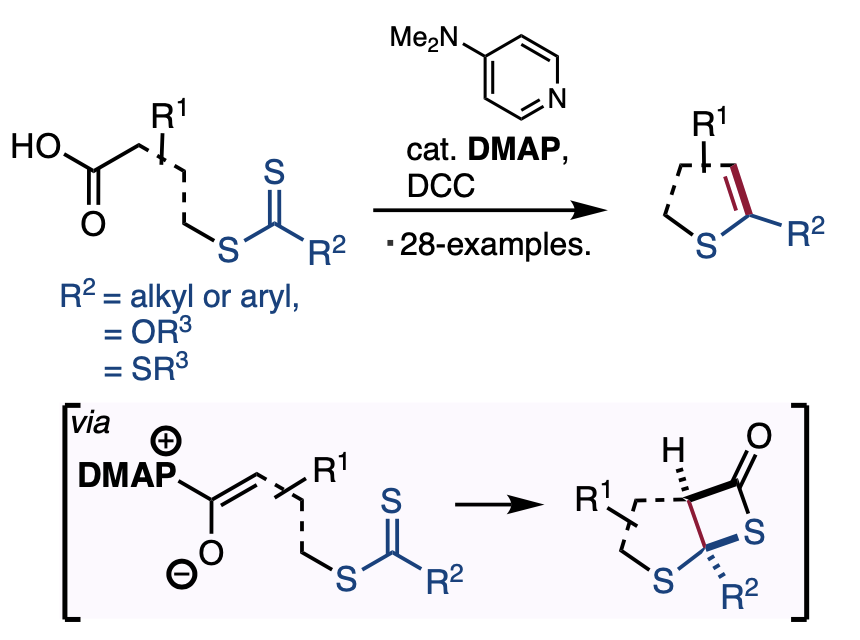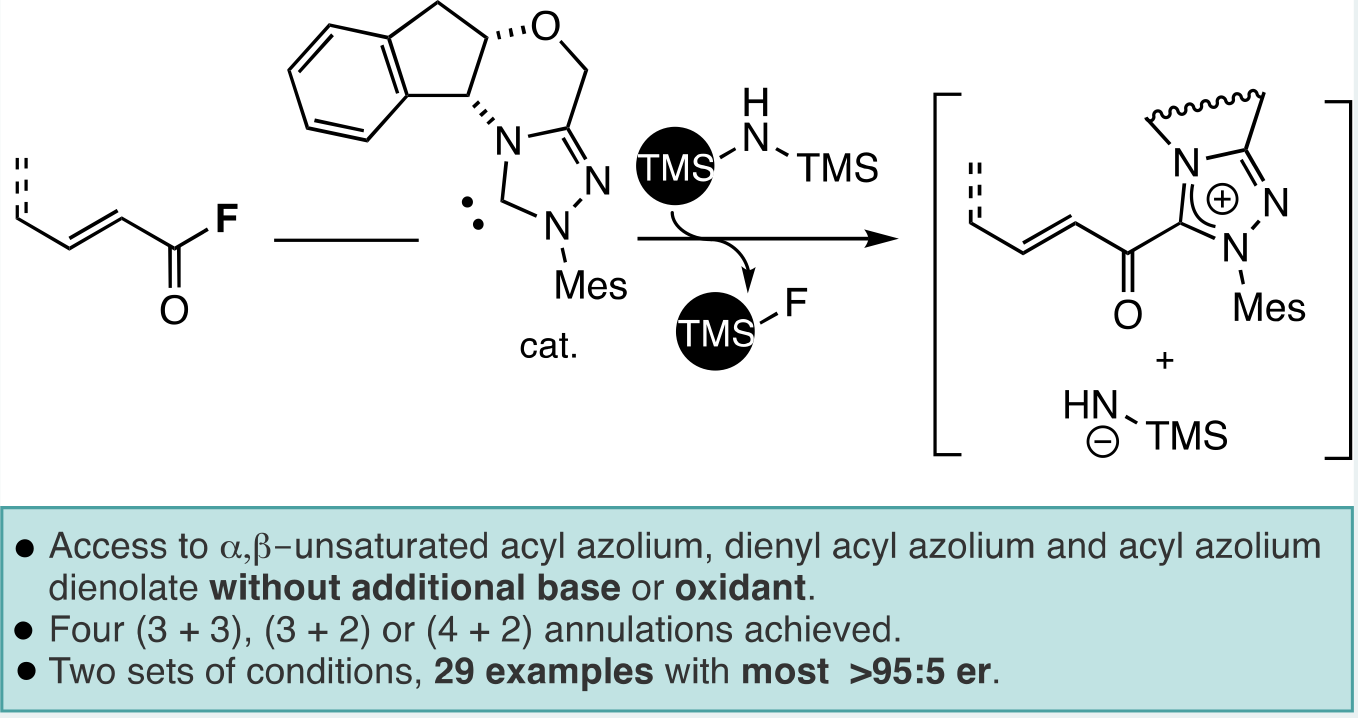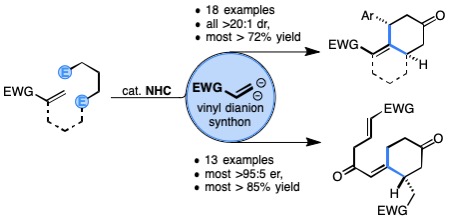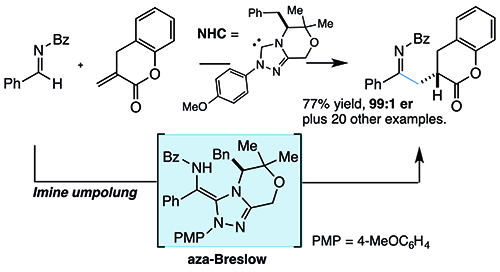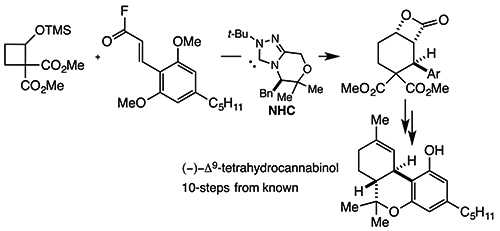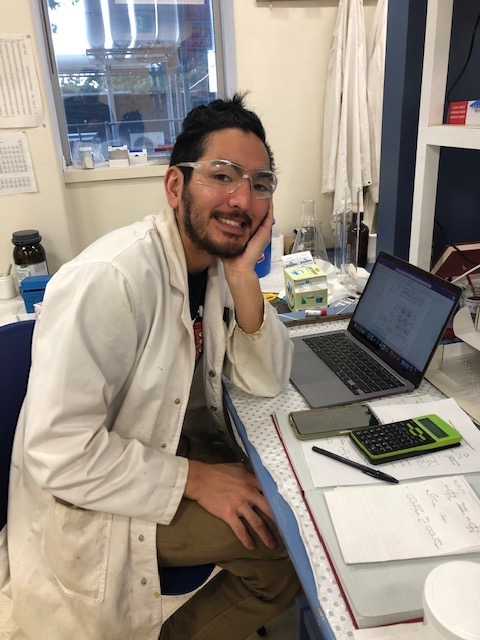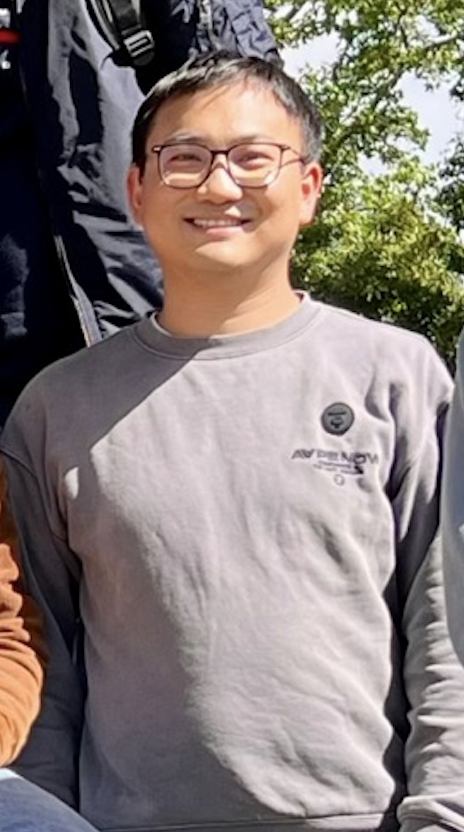
#118. Radical coupling initiated by organophosphine addition to ynoates
Angew. Chem. Int. Ed. 2023, 62, e202303869
Jing Cao, Antonia Seitz, José A. Forni, Anastasios Polyzos,* David W Lupton*
In this study we were able to couple nucleophilic organocatalysis possible with phosphines to redox chemistry triggered by photocatalysts and visible light. Central to this was appreciating the limitations introduced by this reaction design thus focusing studies on navigating a narrow window of reactivity. Conceived by Jing and I during one of Melbourne's lockdowns and supported by our established collaboration with the Polyzos group this study came together nicely and was finished off by Toni in the early part of her PhD studies.


